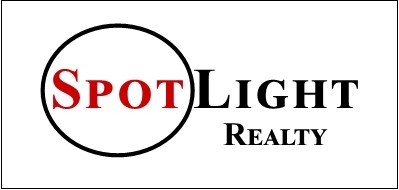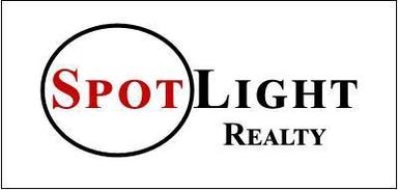|
|
|
What to Invest In
|
|
|
|
Tax Considerations
|
-
Income Taxes
-
Property Taxes
-
Are property taxes deductible?
Property taxes on all real estate, including those levied by state and local governments and school districts, are fully deductible against current income taxes.
-
Are taxes on second homes deductible?
Mortgage interest and property taxes are deductible on a second home if you itemize. Check with your accountant or tax adviser for specifics.
-
How do property taxes work?
Property taxes are what most homeowners in the United States pay for the privilege of owning a piece of real estate, on average 1.5 percent of the property's current market value. These annual local assessments by county or local authorities help pay for public services and are calculated using a variety of formulas.
-
How is a home's value determined?
You have several ways to determine the value of a home.
An appraisal is a professional estimate of a property's market value, based on recent sales of comparable properties, location, square footage and construction quality. This service varies in cost depending on the price of the home. On average, an appraisal costs about $300 for a $250,000 house.
A comparative market analysis is an informal estimate of market value performed by a real estate agent based on similar sales and property attributes. Most agents offer free analyses in the hopes of winning your business.
You also can get a comparable sales report for a fee from private companies that specialize in real estate data or find comparable sales information available on various real estate Internet sites.
-
Where can I learn more about appealing my property taxes?
Contact your local tax assessor's office to see what procedures to follow to appeal your property tax assessment. You may be able to appeal your assessment informally. Mostly likely, however, you will have to go through a formal tax-appeal processes, which begin with an appeal filed with the appropriate assessment appeals board.
-
Whom to Contact
|
|
We use our best efforts to present the most accurate and up-to-date information, but we are not responsible for the results of any defects that may be found to exist, or any lost profits or other consequential damages that may result from such defects. You should not assume that this content is error-free or that it will be suitable for the particular purpose that you have in mind when using it. The owner and operator of the website that displays this data makes no warranty or representation of any kind with respect to the completeness or accuracy of the information included herein.
|
|




